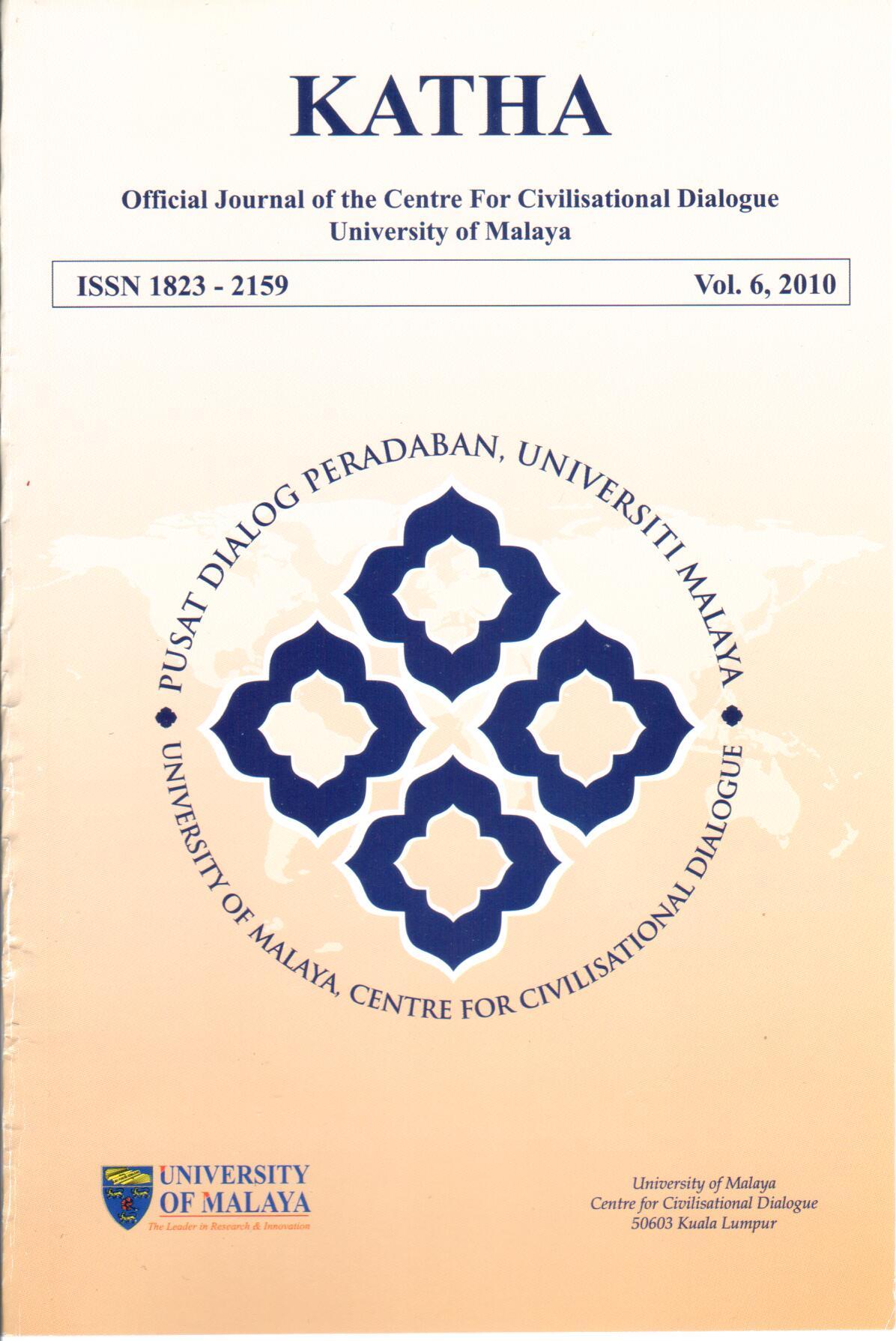Ethnics And Spiritual Intelligence
Abstract
As with other writers around the works of Muyhiddin Ibn’ Arabi, the non-academic “I” often makes its appearance. It is personal with me, too. Frankly, I have my doubts about writing about Ibn’Arabi. But not speaking about him. To start to explain why, I have to go back what brought me to Ibn’ Arabi
My first contact with Ibn’ Arabi was the translated book Sufis of Andalusia (R.W.J. Austin). I was in college, and I had been reading Foucault. I was visiting the friends in D.C. who were my best friends from Geneva, Switzerland. I like Foucault because he was telling me that everything was discourse, that “crime” was not just this thing we all know about, nor was “punishment” or “civilization.” These things were in fact social constructs. So the entire enterprise of “fighting” “crime” with “police” was a game played by people who constructed and maintained the rules. If you wanted to find out what was behind that game, you had to ask from where did “police” come? You had to go back to Prussia and the beginnings of bureaucracy, and the notion of policy and procedure and police, because these things were not givens. No, they came into being for certain reasons. They were sustained for curtain reason, and they morphed into something else for certain reasons.
Downloads
Downloads
Published
How to Cite
Issue
Section
License
Articles submitted to the journal should not have been published before in their current or substantially similar form, or be under consideration for publication elsewhere. Authors submitting articles for publication warrant that the work is not an infringement of any existing copyright and will indemnify the publisher against any breach of such warranty. For ease of dissemination and to ensure proper policing of use, papers and contributions become the legal copyright of the publisher unless otherwise agreed. By submitting a manuscript, the author(s) agree that copyright for the article is transferred to the publisher, if and when the manuscript is accepted for publication. However, it can be reprinted with a proper acknowledgment that it was published in KATHA.

This work is licensed under a Creative Commons Attribution-NonCommercial-NoDerivatives 4.0 International License.




